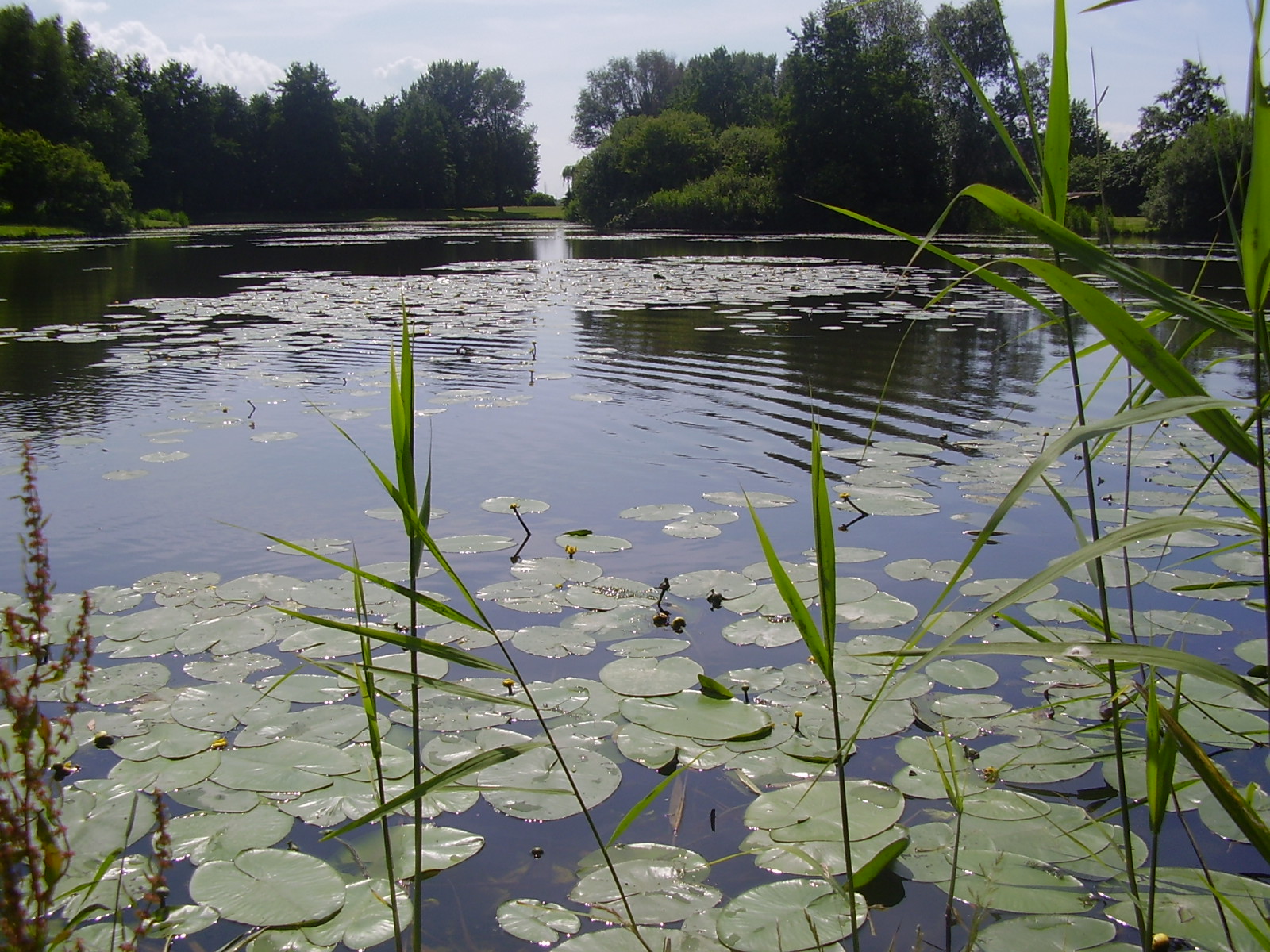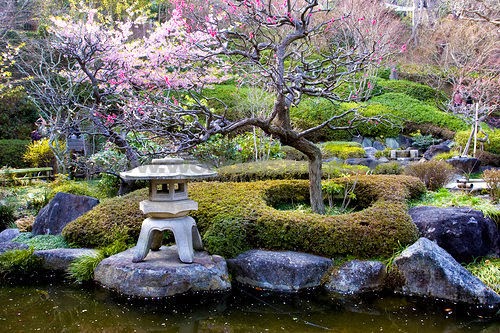Dear Haijin, visitors and travelers,
I present to you our second episode of Carpe Diem's "Use that Quote" in which the goal is to write a haiku, senryu, tanka or kyoka inspired on a given quote. Today I have chosen a quote by Khalil Gibran a Lebanese writer and poet, but also a philosopher. He wrote a lot of novels about spirituality. Our quote from today's episode of Carpe Diem's "Use That Quote" is from his novel "The Prophet".
 |
| Selfportrait Khalil Gibran |
Here is the quote for this episode:
"forget not that the Earth delights to feel your bare feet and the winds long to play with your hair"
And now it's the goal to use this quote for your inspiration to write a haiku, senryu, tanka or kyoka. I know that will not be easy, because I had some difficulties myself to write a haiku with this quote for inspiration, but I think I have succeeded. Here is my haiku inspired on the quote by Khalil Gibran.
with bare feet
dancing on Mother Earth's grounds
wind plays with my hair
(c) Chèvrefeuille
This episode of "Use That Quote" will stay on until February 6th 11.59 AM (CET) and I will try to post on that same day a new episode. For now have fun, be inspired and share your haiku with us all here at Carpe Diem Haiku Kai Special.





